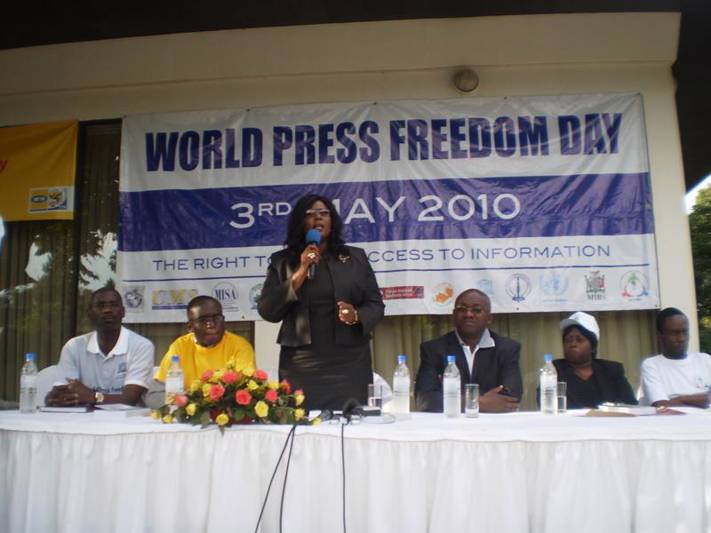
How can we better understand the rank-and-file of political elites in electoral autocracies, and how their strategic interaction affects the overall political system and societal outcomes?
Haakon Gjerløw has received funding from the Research Council of Norway for the three-year project Elite Political Dynamics in Electoral Autocracies (ELITE).
Congratulations to Haakon and his team! Other project members will be Lise Rakner at the University of Bergen and Øyvind Stiansen, as well as a collaboration with SAIPAR (South African Institute for Policy and Research). The project plans to start up during August 2021.
The primary goal for ELITE is to produce theoretical insights and empirical knowledge on the conditions under which political elites in electoral autocracies strengthen accountability and representation. By focusing on the behaviour of rank-and-file elites in electoral autocracies, the team will investigate:
- conditions that increase (dis)unity within and between parliamentary parties, and by extension accountability between the parliament and the executive branch;
- conditions that enable judges in electoral autocracies to safeguard and expand judicial independence;
- conditions under which political elites in electoral autocracies opt to promote human development.
A secondary objective for ELITE is to establish an in-depth database on a political autocracy, Zambia, most thorough dataset on any (a) electoral autocracy, and (b) any political system on the African continent, covering the all central political and judicial institutions.
More information about this project will follow.





